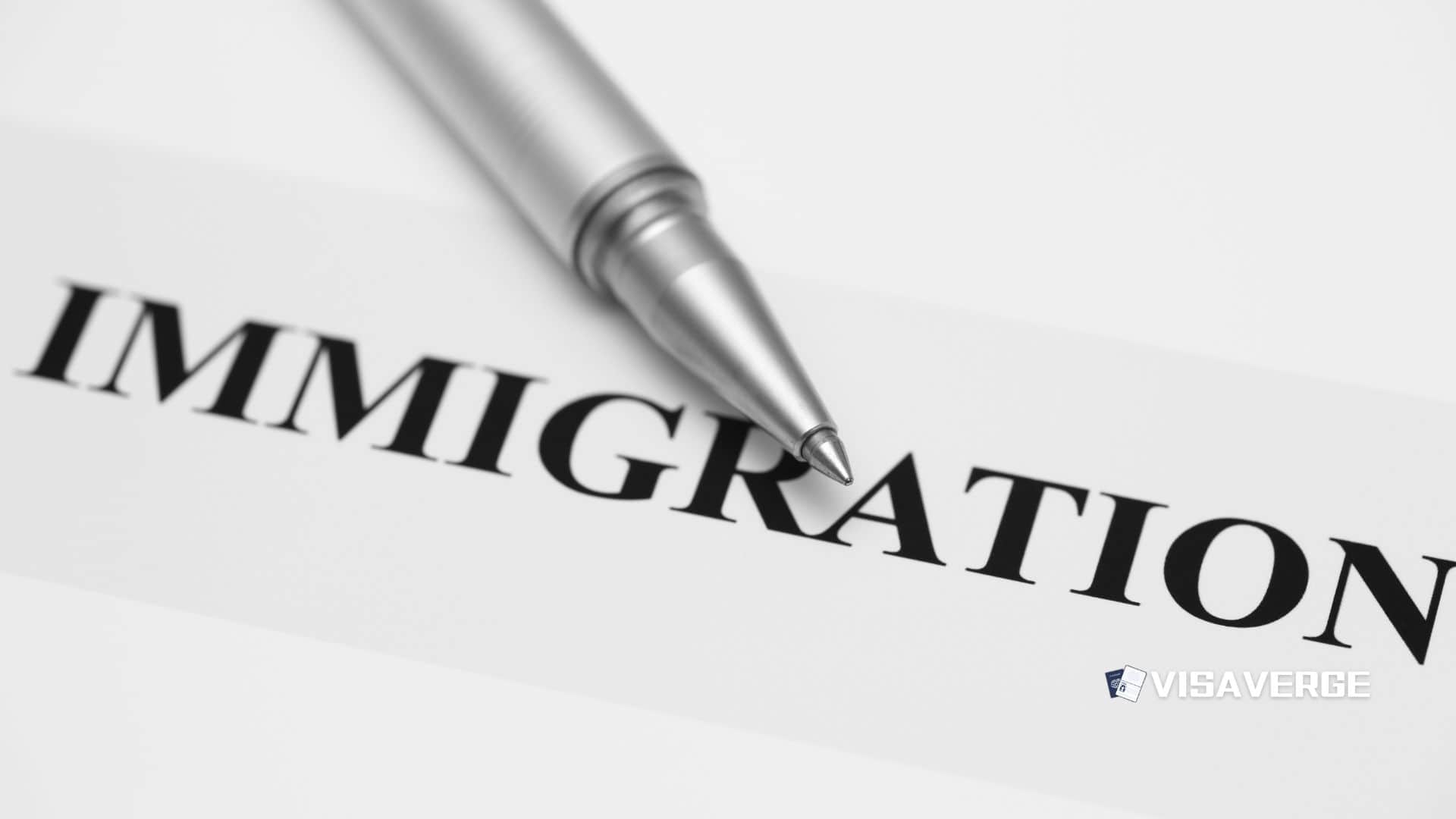(GREECE) Greece is moving to the center of a growing European push to copy elements of Trump-style deportation programs by sending migrants to African countries under new offshore deals. As Athens explores plans for repatriation centers in Africa, backed by support from Germany and other partners, rights groups warn that the European Union is crossing a new line in how it handles people who reach its borders without permission.
What Greece is considering

Greek officials have confirmed they are studying options to transfer certain migrants out of EU territory and process or hold them in African states that agree to host new return hubs.
These centers would receive people who fail asylum claims in Greece or are picked up in irregular crossings, even if they have no personal link to the African country that takes them.
The idea mirrors the United Kingdom’s Rwanda plan and echoes the “third-country deportation” deals used by the administration of President Trump in the United States 🇺🇸.
Wider EU strategy: externalization of migration control
Across the EU, this shift forms part of a wider strategy to “externalize” migration control — in other words, to move key parts of asylum and return systems beyond Europe’s borders.
According to analysis by VisaVerge.com, more EU governments now see offshore processing and distant hosting agreements as politically easier than dealing with arrivals on European soil, especially after tense debates over solidarity and burden-sharing within the bloc.
The EU’s 2023 Pact on Migration and Asylum has made externalization a central pillar of its policy. It:
- Expands the list of places that can be labeled “safe” for return
- Widens fast-track border procedures
- Creates more scope for deals that move asylum processing outside the bloc
Official information on the Pact’s legal framework is available on the European Commission’s Migration and Home Affairs website, which outlines how member states can cooperate with third countries on returns.
Parallels with the United States’ approach
The model is not entirely new. The Trump administration pushed similar arrangements with several African governments, offering money, visa benefits, or political favors if they accepted people deported from the United States, often from other countries.
Key examples reported include:
- Rwanda agreed in June 2025 to host up to 250 deportees from the US in exchange for an undisclosed grant.
- Eswatini reportedly received around $5.1 million.
- Equatorial Guinea reportedly received $7.5 million.
- Ghana gained visa relief.
- Uganda joined under less public terms.
- Nigeria refused, citing unfairness and sovereignty concerns.
These deals used a mix of financial incentives, visa concessions, and diplomatic favors — bargaining tools that EU officials are now said to be employing in talks with African states.
Who EU officials have approached
Diplomats report negotiations with several African governments, including:
- Senegal
- Egypt
- Mauritania
- Tunisia
Talks reportedly link aid packages and possible visa easing to tighter migration control and acceptance of deportees. Denmark — holding the rotating EU Council presidency in 2025 — has pushed this agenda strongly, presenting African return hubs as a quick way to cut irregular arrivals. Copenhagen has cited the EU‑Turkey migration deal and the British‑Rwandan agreement as political cover, arguing Europe must act “decisively” to keep numbers down.
Why Greece is motivated
For Greece, the stakes are both political and practical:
- Greece sits on one of the main sea routes into the EU.
- Its islands have seen repeated spikes in arrivals from the Middle East, North Africa, and South Asia.
- Successive governments face pressure from Brussels and other member states to tighten controls.
- Local communities often protest, feeling overwhelmed by reception camps.
Joining EU‑backed offshore schemes allows Greek leaders to show they are tough on irregular migration while shifting some responsibility farther away.
Legal, human-rights, and practical concerns
Human rights organizations warn that distance can make abuse easier to hide. More than 250 civil society groups have called on EU lawmakers to reject a new Return Regulation that would allow forced deportations to countries where people have no prior connection, as long as that state agrees to take them.
Concerns include:
- Risk of refoulement (sending people back to danger) through complex chains of transfers
- Sending asylum seekers to unfamiliar countries with different languages and weak protection systems
- Potential lack of meaningful access to legal remedies
Lawyers raise practical questions about responsibility and oversight:
- If a rejected asylum seeker is sent to a camp in Africa and abused, who is legally responsible?
- Which courts can victims turn to?
- The European Court of Human Rights and the Court of Justice of the EU may still claim jurisdiction if an EU state has control, but governments hope that placing centers abroad will reduce direct legal exposure.
“Distance can make abuse easier to hide” — human rights groups say offshore processing increases the risk of rights violations and reduces transparency.
Dilemmas for African partners
African governments face competing incentives:
- Deals bring funds, training, and political backing, which are attractive to cash‑strapped states.
- There are social and political risks, including public anger at hosting foreigners seen as “Europe’s problem.”
- Fears that camps could become semi-permanent, resembling long-running refugee settlements.
- Some diplomats say they feel pressured to accept offers tied to aid or visa perks.
Critics warn that accepting Trump-style deportation programs could:
- Damage regional unity in Africa
- Weaken the African Union’s migration policies, which favor more legal pathways and respect for free movement
The view from the ground in Greece
Migrants and asylum seekers in Greece watch these moves with growing anxiety. People who arrived after dangerous sea journeys now fear that, even if they survive the crossing, they could be moved again to a country they have never seen.
Community workers in Athens report rising concern among clients about whether their case could end not in a Greek decision, but in transfer to a distant return hub.
Current status and likely trajectory
For now, Greece’s plans remain at the design and negotiation stage. Any concrete deal would still need to pass both legal tests and political debate in Athens and in Brussels.
The direction of travel in EU policy is clear:
- More power for offshore solutions
- Greater emphasis on repatriation centers
- A deeper link between migration control, foreign aid, and diplomacy with African states
Whether this approach reduces boat departures or simply moves suffering out of sight will be at the heart of Europe’s migration argument in the years ahead.
Greece is considering offshore repatriation centers in African countries to process migrants intercepted or rejected in Greece, aligning with the EU’s 2023 Pact that promotes externalizing migration control. The proposal, inspired by UK and US third-country deals, involves negotiations with several African states offering aid and visa incentives. Rights groups and lawyers warn of refoulement risks, weakened oversight, and unclear legal responsibility. Plans remain at the design and negotiation stage and require legal and political approvals.













